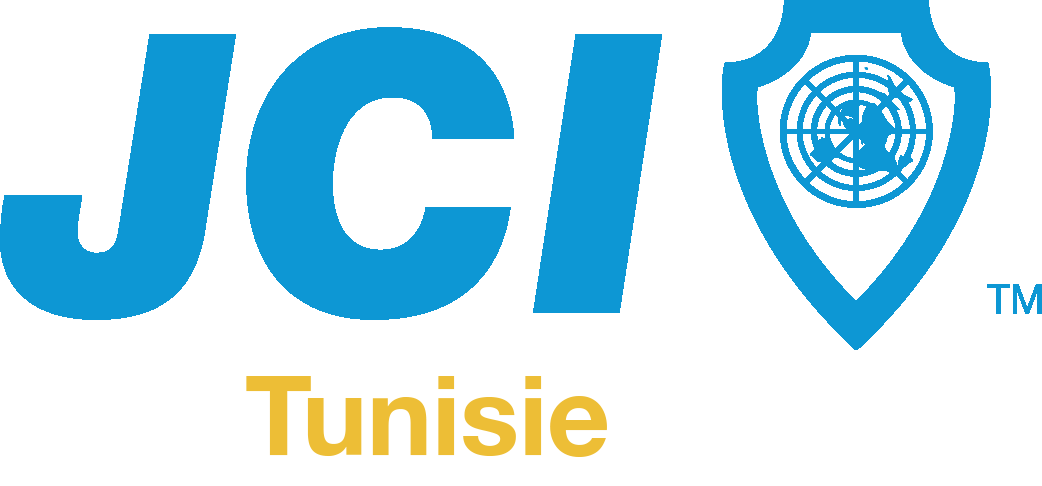5 Cliches About Goethe Certificate You Should Stay Clear Of
The Goethe Certificate: Unlocking German Language Proficiency
In an increasingly interconnected world, language proficiency has actually ended up being an important asset for people looking for to boost their career prospects, cultural understanding, and travel experiences. For those thinking about discovering German, the Goethe Certificate is a widely acknowledged credential that shows language proficiency and opens doors to brand-new chances. This post will explore the history, structure, and advantages of the Goethe Certificate, in addition to supply guidance on how to get ready for the exam.
History and Overview

The Goethe Certificate is named after Johann Wolfgang von Goethe Zertifikat C1 kaufen, a popular German writer, philosopher, and statesman. The certificate is released by the Goethe-Institut, a non-profit organization that promotes German language and culture worldwide. Founded in 1951, the Goethe-Institut has established an extensive language proficiency framework that assesses language skills in reading, writing, listening, and speaking.
Structure and Levels
The Goethe Certificate is divided into six levels, aligning with the Common European Framework of Reference for Languages (CEFR). Each level represents a distinct stage of language proficiency, from novice (A1) to advanced (C2). The levels are:
- A1: Beginner – Basic understanding of German, ability to interact in everyday situations.
- a2 zertifikat kaufen: Elementary – Understanding of standard phrases, vocabulary, and grammar.
- B1: Intermediate – Ability to communicate effectively in daily scenarios, both in writing and speaking.
- B2: Upper-Intermediate – Understanding of complex texts, discussions, and conversations.
- C1: Advanced – High level of language proficiency, capability to interact fluently and precisely.
- C2: Proficient – Mastery of the German language, capability to interact intricate ideas and subtleties.
Exam Format and Content
The Goethe Certificate exam includes four areas: reading, composing, listening, and speaking. The exam format and content differ depending on the level, but normally include:
- Reading: Comprehension of texts, such as short articles, news, and literary excerpts.
- Composing: Writing tasks, such as essays, emails, and short stories.
- Listening: Audio recordings, such as conversations, lectures, and news broadcasts.
- Speaking: Face-to-face discussion with an inspector, evaluating pronunciation, vocabulary, and interaction skills.
Benefits of the Goethe Certificate
The Goethe Certificate uses many advantages for individuals, including:
- Enhanced profession opportunities: Demonstrated language efficiency is a valuable property in the task market, particularly in markets with worldwide connections.
- Cultural understanding: Knowledge of the German language and culture can enrich travel experiences, academic pursuits, and individual relationships.
- Research study and work abroad: The Goethe Certificate is typically required for research study and work programs in Germany, Austria, and Switzerland.
- Networking chances: The Goethe-Institut has an international network of language learners, offering opportunities for cultural exchange and expert connections.
Preparation and Resources
To prepare for the Goethe Certificate exam, people can utilize a range of resources, including:
- Language courses: The Goethe-Institut provides language courses, either online or in-person, tailored to each level.
- Study materials: Textbooks, language discovering apps, and online resources, such as Deutsch für Euch and DW Learn German.
- Practice exams: Sample tests and exercises, available on the Goethe-Institut site.
FAQs

- What is the credibility period of the Goethe Certificate?The Goethe Certificate is legitimate for life, but some organizations may need a more current certificate.
- Can I take the exam online?No, the exam must be taken in person at a designated test center.
- For how long does the exam take?The exam duration differs depending upon the level, but normally varies from 2 to 4 hours.
- Can I retake the exam if I stop working?Yes, you can retake the exam, but you need to wait a minimum of 3 months.
- Is the Goethe Certificate acknowledged worldwide?Yes, the Goethe Certificate is widely recognized by universities, employers, and federal government agencies all over the world.
Conclusion
The Goethe Certificate is a prestigious credential that shows German language proficiency and opens doors to new chances. By understanding the structure, levels, and benefits of the certificate, individuals can take the initial step towards improving their language skills and cultural understanding. With the right preparation and resources, anyone can attain their goal of ending up being proficient in German and unlocking the many benefits that come with it.
Extra Tips and Telc B1 Prüfungszertifikat kaufen zertifikat goethe überprüfen (Highly recommended Online site) Recommendations
- Start early: Allow a lot of time to prepare for the exam, particularly if you are a beginner.
- Practice regularly: Regular practice, even if it’s simply a few minutes a day, is crucial to enhancing language skills.
- Immerse yourself in the language: Listen to German music, view German films, and attempt to consult with native speakers.
- Look for support: Join a language exchange or discover a research study partner to stay motivated and get feedback on your progress.
By following these pointers and staying devoted, you can attain your objective of getting the Goethe Certificate and opening the numerous advantages that feature it.
